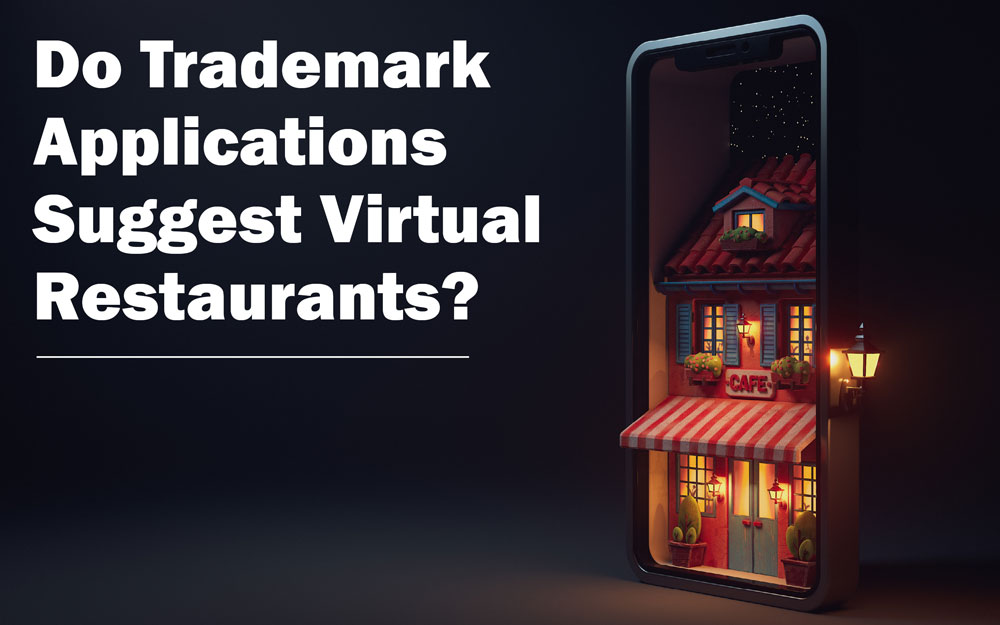
Wingstop filed a US trademark application to virtually sell chicken wings in the Metaverse. Surprisingly, they are not the first major food chain to try to stake their claim in the virtual restaurant territory. Panera Bread and McDonald’s have applied for trademarks for similar services.
McDonald’s application indicates it will offer “a virtual restaurant featur[ing] actual and virtual goods” to be delivered both online and in the real-world. Josh Gerben, the trademark attorney who first tweeted about the applications, explains the idea as “you’re playing games in the Metaverse and … get hungry, you walk into a virtual McDonald’s, pay them and 20 minutes later it arrives at your door without you even having to take off your headset.”
Wingstop and Panera took a broader approach seeking to cover virtual food and drink with delivery options and also “downloadable virtual goods,” including non-fungible tokens (NFTs), and “downloadable software for trading cryptocurrency, NFTs, and digital tokens.” In the “Paneraverse,” Panera intends to develop virtual restaurants with delivery features, virtual entertainment services and a virtual reward program. Wingstop has been vaguer but describes its plans as “an exciting public step to serve the world flavor in a virtual space.”
The trademarks these restaurants already hold would likely protect against a copycat popping up in virtual reality under a related goods theory. However, it is always good practice to consider new trademark applications that follow the emergence of new technology. This ensures that protection is clear as it relates to new services or goods companies plan to offer.
Always keep an eye on evolving technologies as it may relate to your brand and adapt accordingly. Ten years ago, the idea of McDonald’s selling a burger in cyberspace may have seemed outlandish, but the day of this becoming a reality, albeit a virtual one, is much closer than you think.